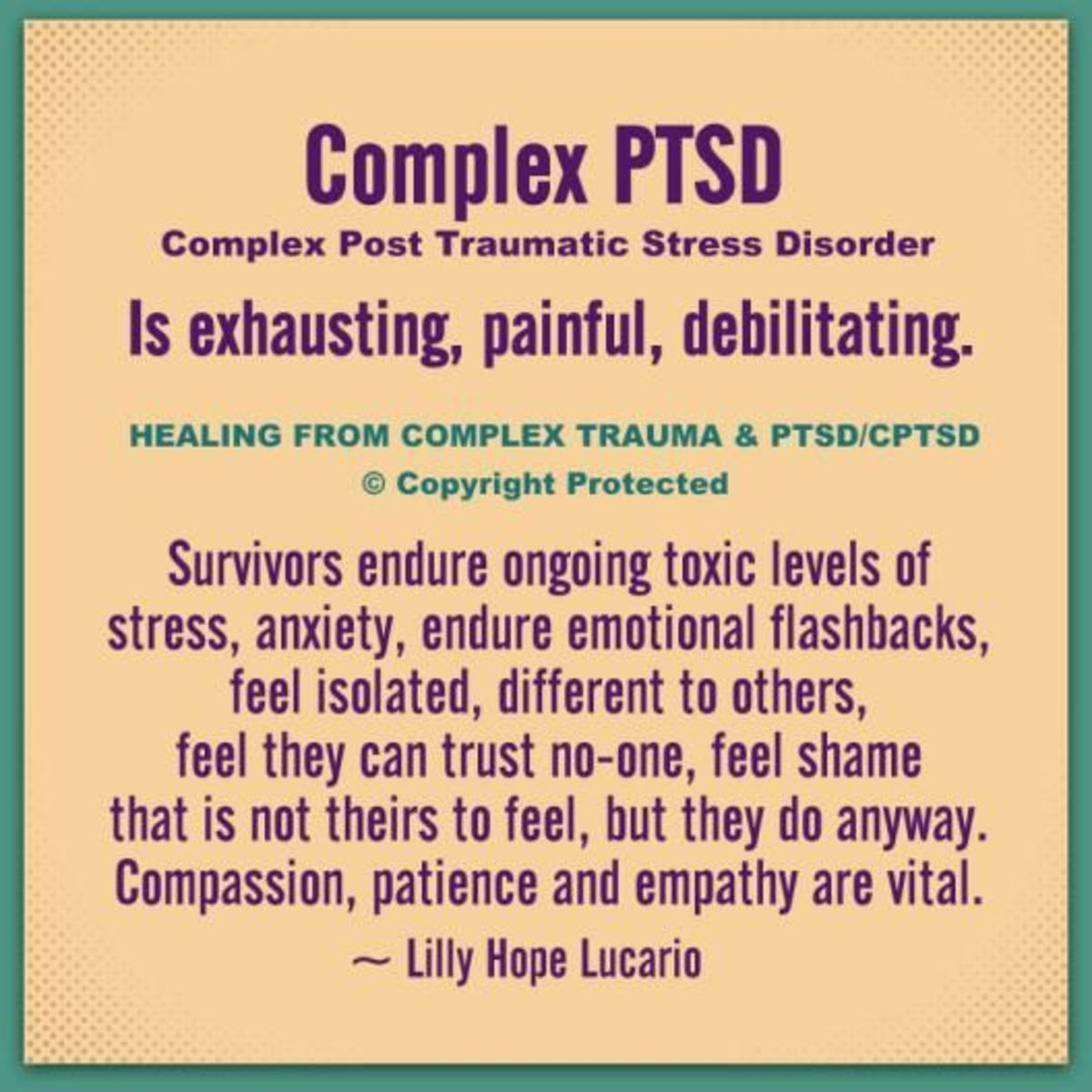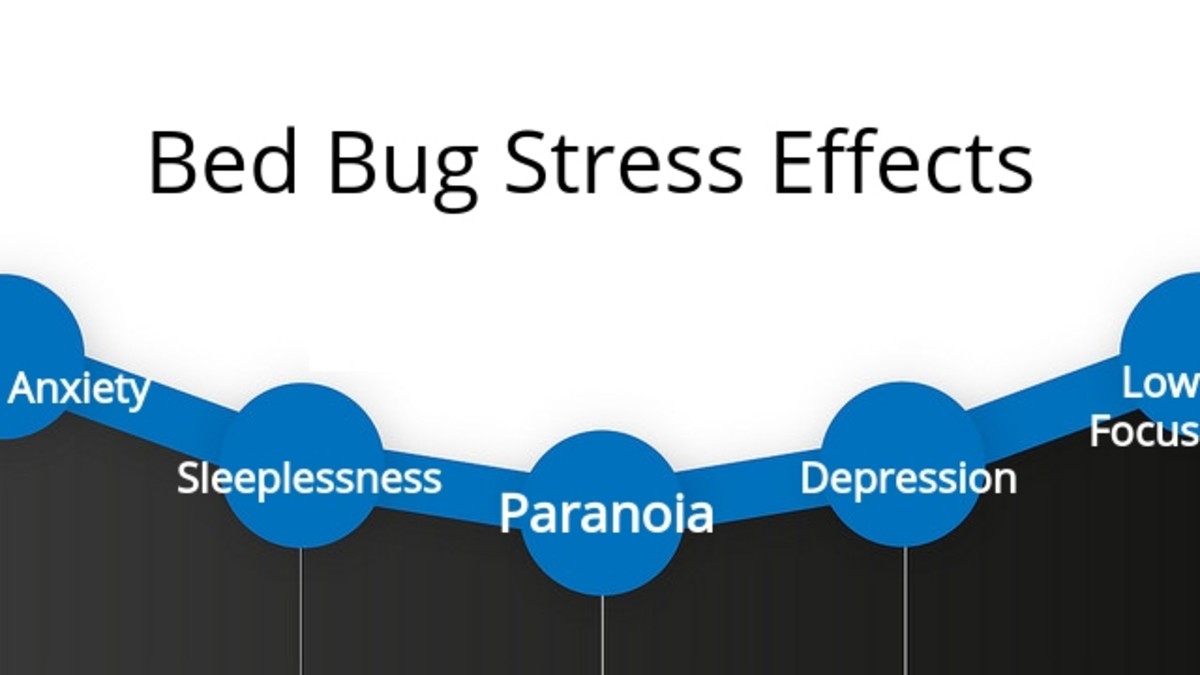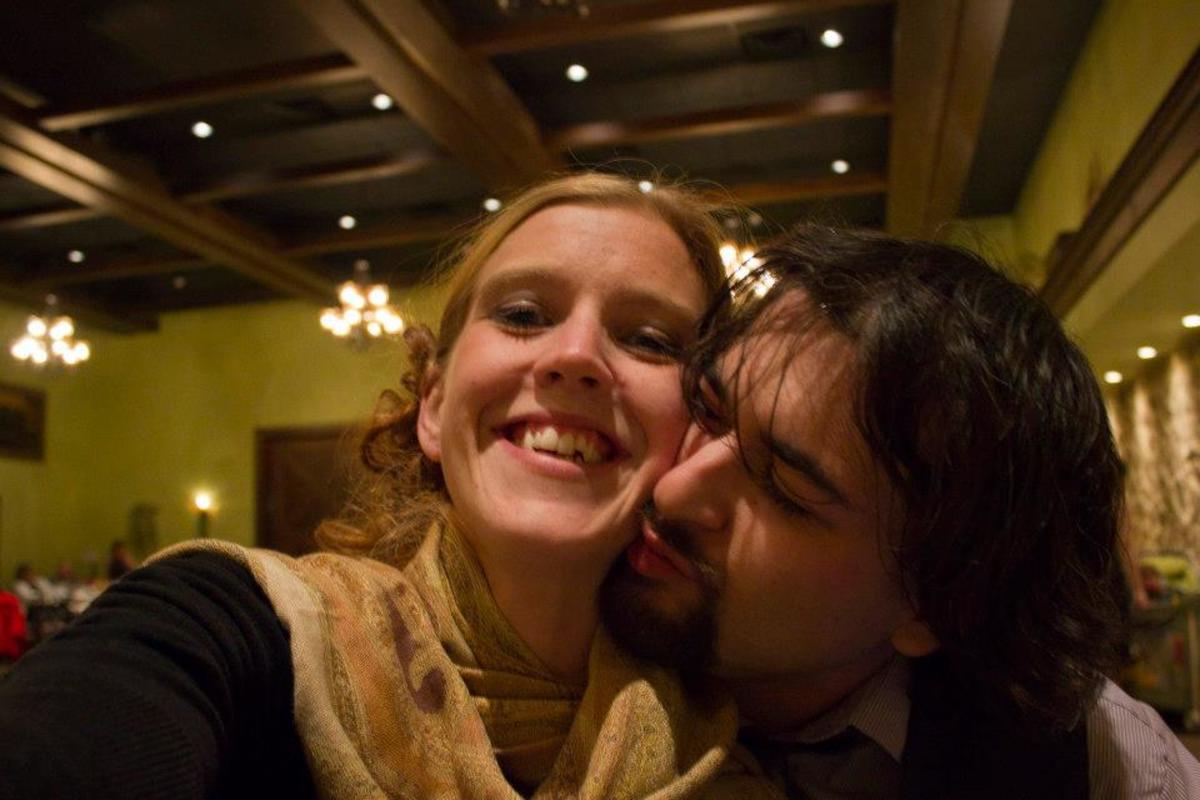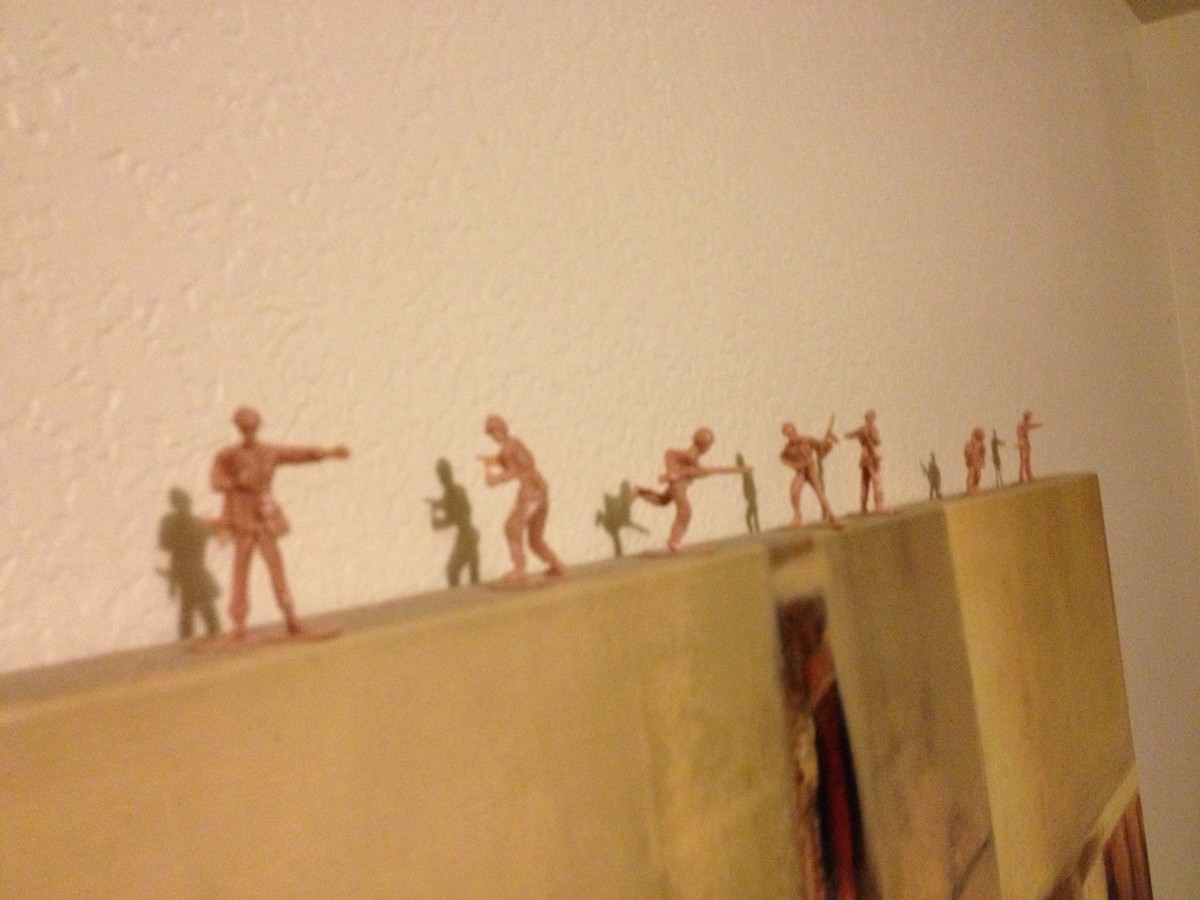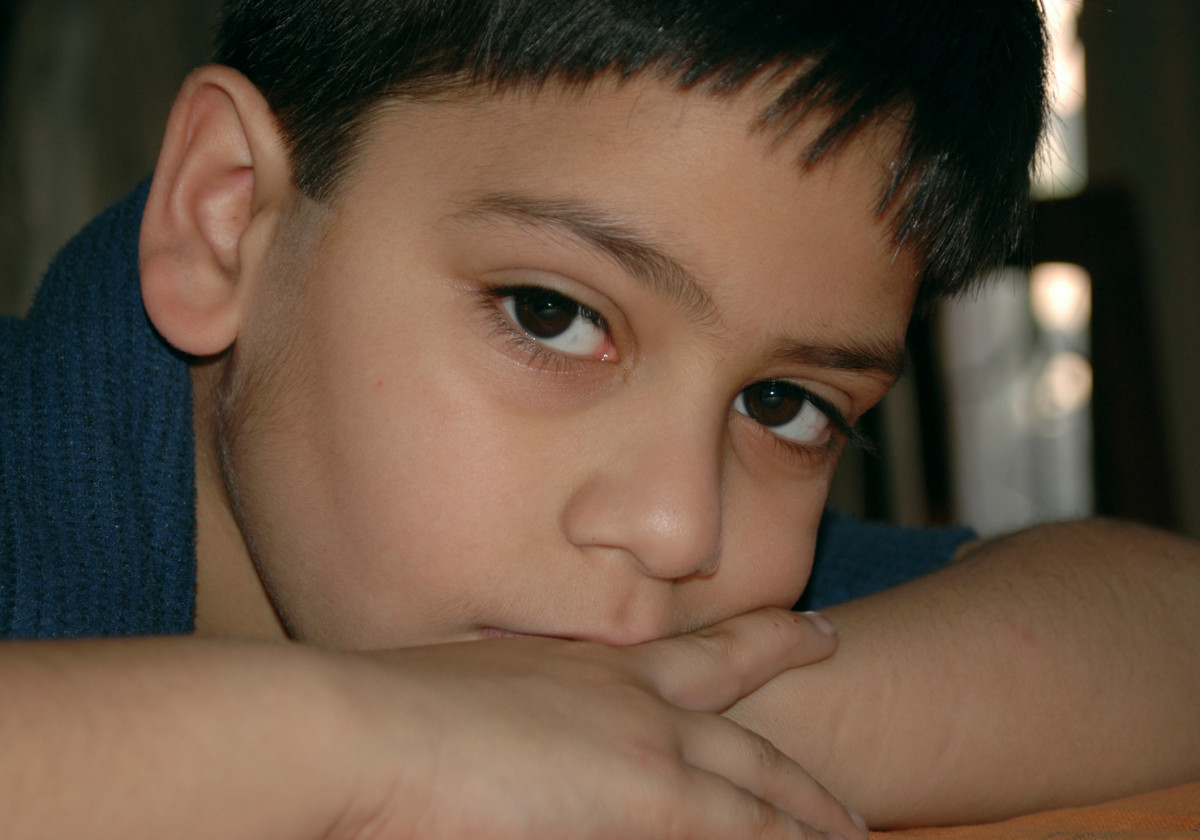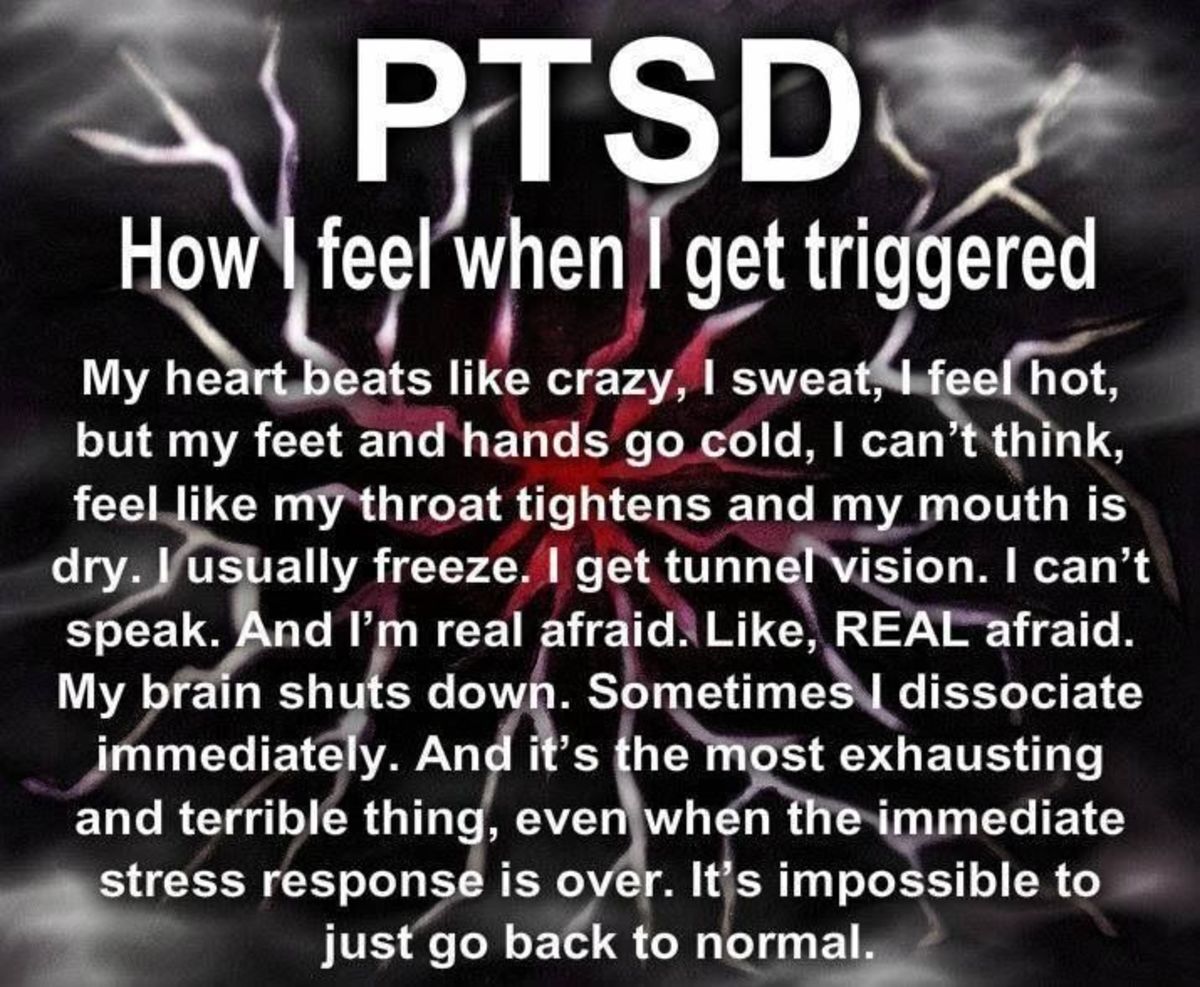- HubPages»
- Health»
- Mental Health»
- Anxiety Disorders
Post Traumatic Stress Disorder and Children
Another Human Tragedy
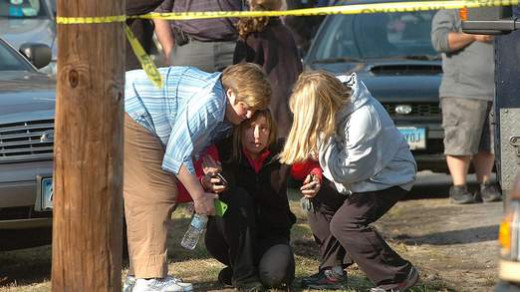
Background
Post Traumatic Stress Disorder or P.T.S.D is a recognized condition in the 21st Century.
In the past it was not.
In simple terms it can be the after effects of any traumatic events.
These may be experienced in war, working life, home life or in various ways. P.T.S.D. is most commonly associated with military personnel and emergency service personnel who have been present or actively involved in distressing incidents.
Although it is a recognized condition these days it is not always treat appropriately. Some sufferers are loathe to come forward. Some men in particular do not want to show a vulnerable side.
Many people still class P.T.S.D as personal failure plus any me tal helath issues can carry a stigma. This can deter people from asking for help until it is already too late..
Dad
My father suffered P.T.S.D. throughout my childhood.
It was not given that name or treated as such back then but rather as a vague mental illness.
Serving as an Infantry soldier between 1940 and 1947 in India, Burma and other regions of the Middle East his was not an easy war. You may say it never is for anyone but in some ways that is not true. There are always levels of distress and our in built ability to cope varies from person to person.
One of my work colleagues would regularly recall his own war time exploits. As a very young man serving with the Royal Engineers building and repairing bridges, his War was a time of youthful exuberance. It was still a testing time but not the same as hand to hand fighting in swamps and worse.
Dad did not discuss the War
Seven years is a long time for such involvement and it takes its toll in many ways.
First Dad was, we were told, still suffering for his war time malaria. His health varied throughout our childhood and there were times when life was not easy for any of us. This was true for many children at the time.
My father finally felt he could bear life no more.
I was aged 14 and arrived home as terrible events unfolded. I was whisked into a neighbour's house until the scene was tidied up. When I was able to go home and see my mother the news devastated me.
A failed suicide attempt.
Not a cry for help but a serious attempt. Dad had fought the ambulance staff as they tried to get him into the vehicle and admitted to hospital.
I will not go into specific details as that is not the point of this. It is aimed at showing the effect one person's health can have on others, especially children.
It is also used to illustrate how hard it is to move on from trauma. (To this day I never buy meat from a butcher's shop but a supermarket where it is nicely wrapped and alien. Although the blood that was left behind from Dad had been cleaned away by a neighbour the smell could not be disguised. A mixture of blood and bleach haunted me for years)
Prior to this incident there had been problems from time to time but this was the most serious. There had been a father of a girl at our school who had flipped and it was something I worried about. Now this had happened and it was all such a mess.
My Mum was never a well woman and I was always a feisty, independent soul, at least on the surface. In reality I was shy and probably too thoughtful.
My brother did not live at home so I said I would go and tell him about Dad.
I remember oh so well walking about 25 minutes across town crying all the way, in a sort of daze. Still dressed in my school uniform, beret askew on my head, not caring what I looked like to the world.
All of that happened many, many years ago but to this day it is fresh in my mind when I let it be
For many years it was something I could not talk about. Dad was having treatment for "mental health issues" at the time but the system failed him. even back then.
That period of ill health had followed a 30ft fall from a scaffold at work which had knocked him literally for six. As a building worker he was very physically fit but after that fall his health was never the same.
One of the main ways the system failed him though was not recognizing what was wrong.
This led to inappropriate treatments, hospitalization and a worsening of his condition. It affected us, his family, in many ways physically, mentally and financially, plus it devastated him.
Following his failed suicide Dad was allowed home from hospital for weekend visits, as long as someone collected him. Once again I stepped up to the mark.
Who else was there?
I knew he needed to be home with us, albeit briefly, and so it had to be done. Early each Saturday morning I would take a bus for a 30 minute journey to collect Dad
Three years later Dad died from cancer. We always had some ideas that his fall and suicide attempt had played a part.
He was aged 55.
P.T.S.D. and Children
These days P.T.S.D. is recognized and treated quickly if it can be.
It still may need the person affected to seek help.
The support structure for first responders and those caught up in traumatic events usually includes counselling.
After the Second World War people such as my father were discharged from service, sent home, job done and that was that.
Seven years of conscripted service over.
Many people wanted to forget their experiences but that proved the hardest task of all.
Talking through trauma is one of the best ways to cope with P.T.S.D.
How will those affected directly by the actions of 21st Century shooters move on? The answer is many will not. It will be a terrible burden to bear for the bereaved parents.
But what about the kids?
Children are often thought to be resilient. Hardy little souls who quickly bounce back. Those affected by various shootings in the U.S.A. will have received counselling and more but they may still find it hard to put the tragedy to rest.
It could haunt them for the rest of their lives.
We adults often forget that children are listening and watching to what unfolds before them. Responsibility can be good but there is a time to be a child.
Many readers will have had similar or worse experiences to me I know.
From experience all I can say is never underestimate the effect incidents have on children. An adult's P.T.S.D. may become a child's cross to bear when it is in the family. A child may suffer from P.T.S.D. even at a young age.
Adam Lanza who was identified as the deceased shooter in the Sandy Hook murders apparently suffered a great deal following the break up of his parents, which happened when he was aged 10.
The reason for the killings is not known but was he another person who was damaged goods, from childhood?
With an easy gun culture in the U.S.A. how many more victims of P.T.S.D. could there be?
If you think that you, a child or a loved one may be suffering from the effects of P.T.S.D. contact a health professional.
Those who survive tragedy are often called the "lucky" ones but initially it may not feel like that.

This content is accurate and true to the best of the author’s knowledge and is not meant to substitute for formal and individualized advice from a qualified professional.
© 2012 Eileen Kersey

